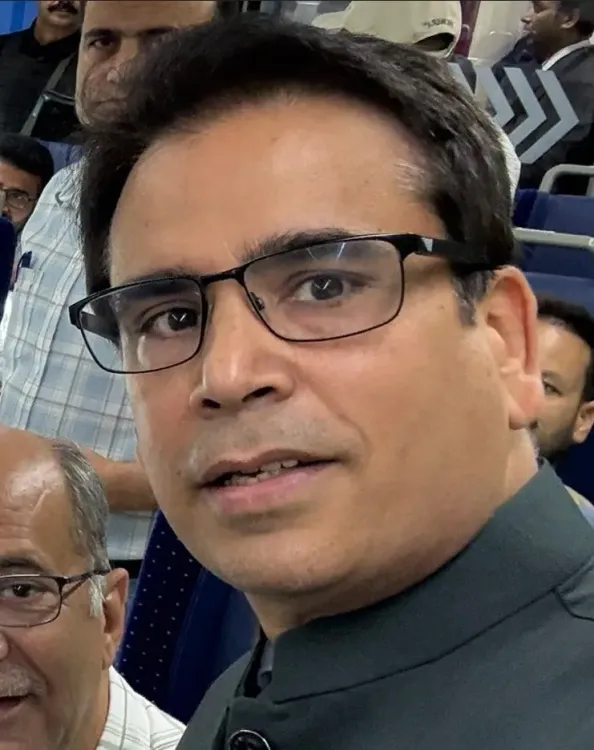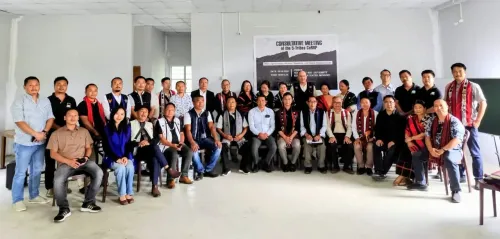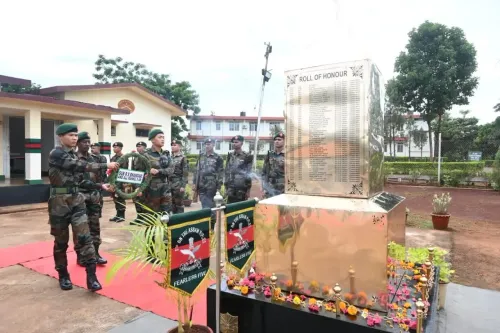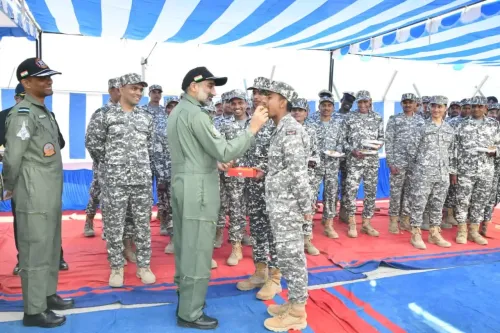Is the Centre Planning to Impose Conditions for Statehood Restoration in J&K?

Synopsis
Key Takeaways
- The National Conference denies claims of imposed conditions for statehood restoration.
- Political unity among various parties in J&K is evident in the demand for statehood.
- The notion of dual governance is under scrutiny for creating confusion and inefficiencies.
- Statehood restoration is seen as vital for democratic representation in J&K.
- Understanding the political dynamics is crucial for future governance in the region.
Srinagar, June 23 (NationPress) In response to recent media speculation suggesting that statehood for J&K would be contingent upon certain conditions from the Centre, the ruling National Conference (NC) asserted on Monday that these narratives are intentional efforts by those wielding dual governance to sow discord.
Reports have indicated that the Centre is contemplating the restoration of statehood under two stipulations. The first condition is that statehood would be reinstated by August of this year, contingent upon the organization of new Assembly elections, as the current Legislative Assembly was established for the Union Territory, not as a state Assembly.
The second reported condition by the Centre is that the existing government must fulfill its five-year term, and only after this term would statehood be granted, followed by elections for the new state Assembly.
In reaction to these developments, NC Chief Spokesperson and MLA for Zadibal, Tanvir Sadiq, labeled the media coverage as “an attempt to create confusion.”
Sadiq asserted that all political factions, including the PDP, Congress, and even the BJP, are united in their demand for statehood, which he described as the legitimate claim of the people of J&K.
Indirectly criticizing the Lieutenant Governor, Sadiq remarked, “Those who benefit from dual governance are uneasy about the restoration of statehood and are propagating this narrative to retain control.”
Previously, the L-G asserted that aside from law and order issues, all other governmental departments—including education, healthcare, social welfare, forests, roads and buildings, irrigation and flood control, as well as revenue and finance—are under the direct supervision of the Omar Abdullah-led NC government.
This statement was made in response to reports where NC ministers and MLAs expressed their inability to address public grievances due to the complexities of the dual governance framework.









